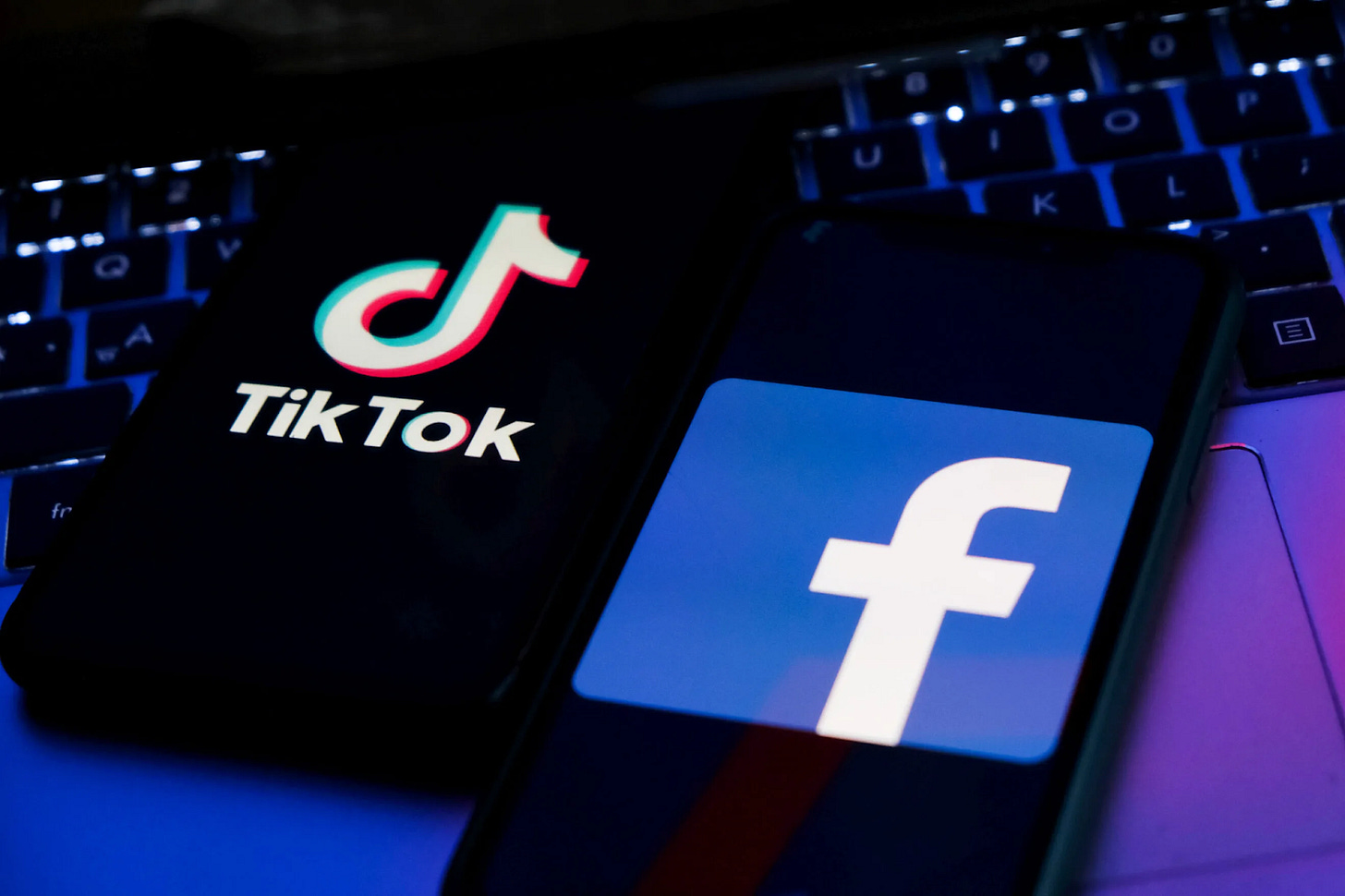The New Terms of Control
From data laundering to compute sovereignty, the system keeps quietly rewriting its own rules.
Something shifted this week. Not necessarily in the headlines themselves, but in what connects them. A regulator threatens fines, a platform sues over stolen posts, a cloud deal breaks the gigawatt barrier. Together they sketch a new kind of map where power moves through pipes and permissions, not politics or marketing. Control won’t be claimed, it will be configured.
Brussels Turns Up the Heat
The European Commission accused Meta and TikTok of violating the Digital Services Act, citing failures in data transparency and deceptive interfaces for flagging illegal content. Both companies deny wrongdoing, claiming either full compliance or that the Digital Services Act (DSA), which governs platform transparency and moderation and the General Data Protection Regulation (GDPR), the EU’s core privacy law, impose conflicting obligations.
Why it matters: The DSA was meant to make platforms legible. Instead, it’s exposing how much opacity can still be justified as design. Europe can write rules; i…



